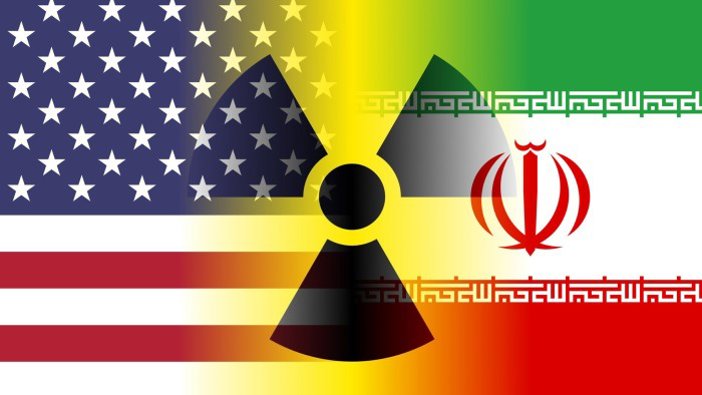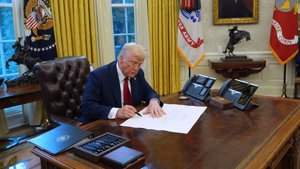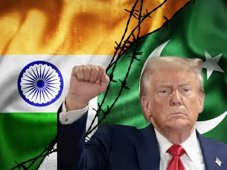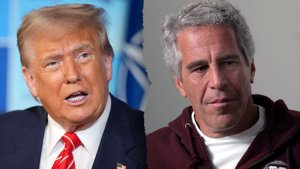
U.S. Gives Iran August Deadline on Nuclear Deal
The U.S. and allies set an August deadline for Iran to accept a nuclear deal or face renewed UN sanctions, drawing warnings from Tehran.
Deadline Approaches for Iran Nuclear Accord
The United States and its key European partners have set a firm deadline for Iran to accept a comprehensive nuclear agreement by the end of August. The announcement follows a high-level call on Wednesday between Secretary of State Marco Rubio and the foreign ministers of France, Germany, and the United Kingdom, according to multiple sources familiar with the discussions.
Should Iran fail to agree to the terms by the end of August, the U.S. and its allies are prepared to trigger the “snapback” mechanism—a process that would automatically restore all United Nations Security Council sanctions previously imposed on Tehran. These sanctions had been lifted as part of the 2015 Iran nuclear deal, formally known as the Joint Comprehensive Plan of Action (JCPOA).
The Trump administration has sought to increase pressure on Tehran to curb its nuclear ambitions following a series of targeted strikes by the U.S. and Israel against Iranian nuclear facilities. The latest deadline marks a turning point in diplomatic efforts, signaling that further negotiations will not be open-ended.
Tehran Warns of Consequences
Iranian officials have responded sharply to the new ultimatum. On Monday, Foreign Ministry spokesperson Esmaeil Baghaei warned that Tehran would retaliate if the United Nations Security Council moved to reimpose sanctions through the snapback mechanism. “The threat to use the snapback mechanism lacks legal and political basis and will be met with an appropriate and proportionate response from the Islamic Republic of Iran,” Baghaei stated at a press conference, as reported by Reuters.
While the Iranian government has not specified what form retaliation might take, the rhetoric underscores the high stakes of the current standoff. Tehran maintains that the snapback threat has no foundation in international law, pointing to the U.S. withdrawal from the original 2015 accord in 2018.
The pressure campaign has drawn support from advocacy groups opposed to Iran’s pursuit of nuclear weapons. United Against Nuclear Iran, a U.S.-based nonprofit, welcomed the announcement of a clear deadline. “Tehran has learned that, for the Trump administration, a deadline means a deadline,” said UANI Chairman Jeb Bush and CEO Ambassador Mark D. Wallace in a joint statement. They also referenced military action taken in June as evidence of the administration’s resolve.
Diplomatic sources indicate that if Iran complies and accepts the terms before the end of August, the path remains open for the restoration of international economic cooperation. However, a refusal or delay could plunge Iran back into the grip of sweeping UN sanctions, severely impacting its economy and global standing.
As the deadline nears, attention will focus on Tehran’s next moves and the wider implications for security and stability in the Middle East. The coming weeks are expected to determine whether diplomacy prevails or a new phase of confrontation emerges between Iran and the international community.






